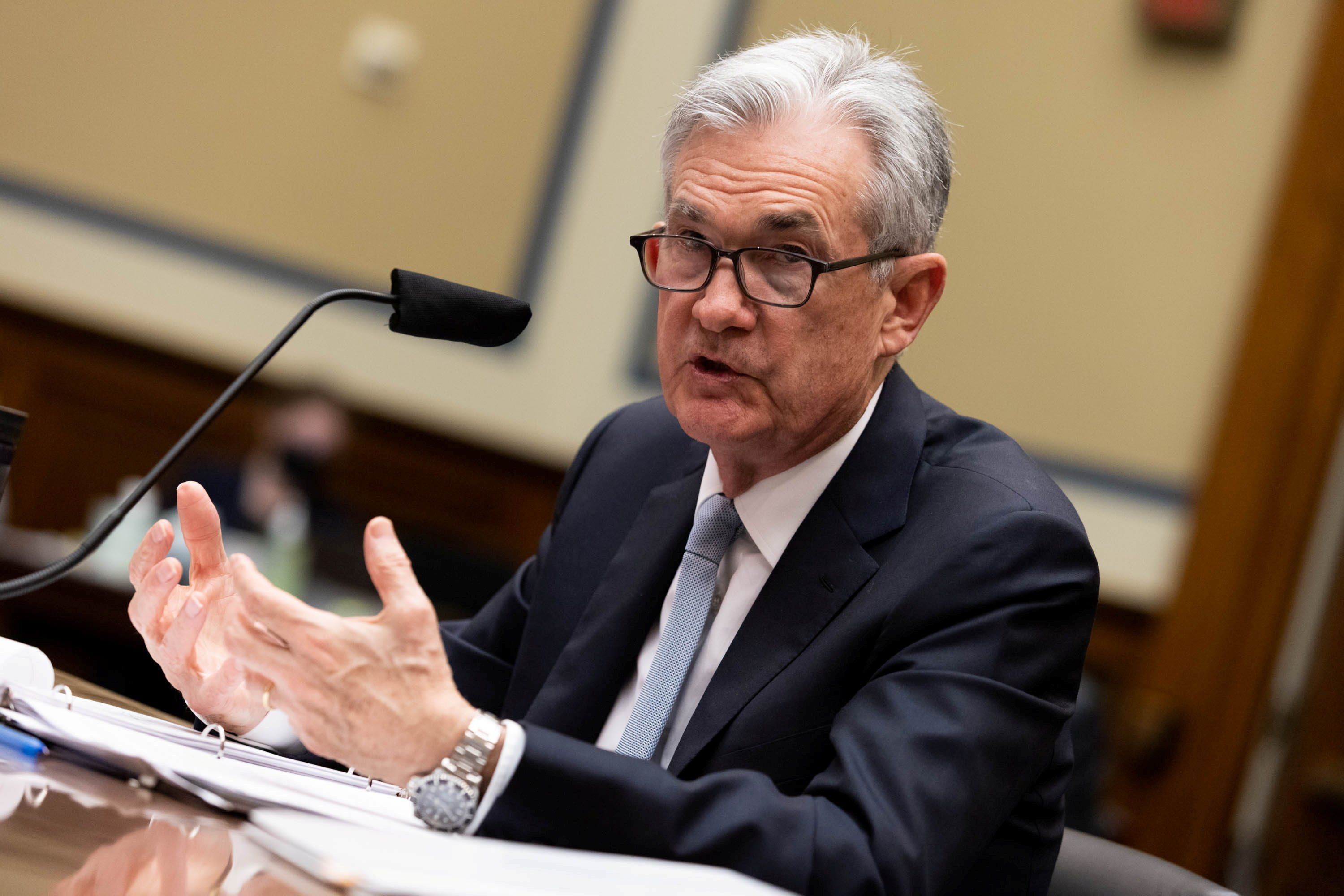Uncertainty will be high as the markets open today. Selloffs in the US market this week have raised recession fears while investors await the release of Friday’s US jobs report. Both are likely to determine whether the Federal Reserve will cut interest rates by
25 or 50 basis points.
Background: Unemployment has risen for four months in a row and is up almost a percent from its lows last year, which, according to Eurasia Group’s global macroeconomics expert Babak Minovi, is worrying because “rises in unemployment like this usually go hand in hand with recessions, and that’s certainly not our (or the market’s) base case.”
Why it matters: Fed Chair Jerome Powell has put the labor market at the heart of the central bank’s decision on when and how quickly to ease interest rates.
“Economists are expecting unemployment to stop its losing streak in August with a modest recovery, but another surprise worsening would be a warning sign to the Federal Reserve that the US economy is slowing down faster than intended,” says Minovi, who believes that under this scenario the Fed would cut interest rates by 50 basis points from its current 5.5% target rate, as opposed to 25. But, if the unemployment rate does improve as expected? “Markets will breathe a sigh of relief — for the time being,” says Minovi.
